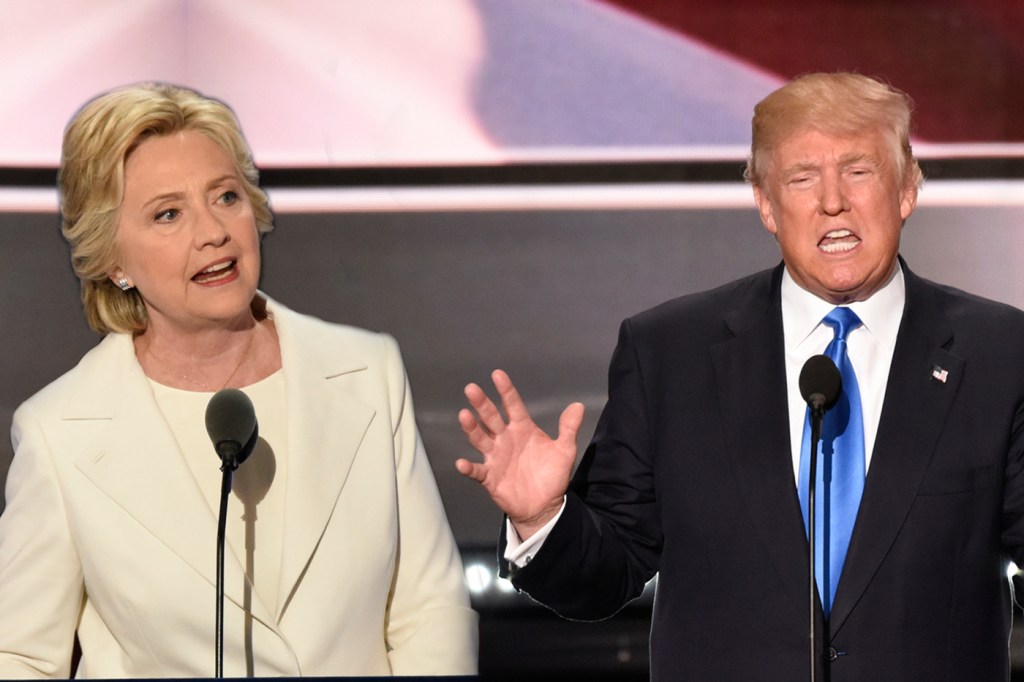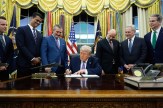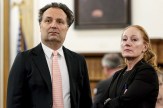3Qs: Spotlight on presidential debates now harsher than ever

Donald Trump recently accused Hillary Clinton and the Democratic Party of intentionally scheduling two of this fall’s three presidential debates to coincide with a pair of primetime NFL games.  The claim is false—the nonpartisan Commission on Presidential Debates announced the dates and locations in September 2015, long before either party had determined its nominee—but it got us wondering whether Trump will be in a position to dictate debate terms when the candidates square off for the first time next month. To find out, we asked Alan Schroeder, journalism professor and author of Presidential Debates: Risky Business on the Campaign Trail.
The claim is false—the nonpartisan Commission on Presidential Debates announced the dates and locations in September 2015, long before either party had determined its nominee—but it got us wondering whether Trump will be in a position to dictate debate terms when the candidates square off for the first time next month. To find out, we asked Alan Schroeder, journalism professor and author of Presidential Debates: Risky Business on the Campaign Trail.
You compare Trump to a show business impresario in a Huffington Post piece on the 2016 presidential debates, writing that he will “have opinions regarding format, timing, moderators, and other production details.” What, if any, leverage will he have when it comes to making demands about the debates?
If Trump’s standing in the polls were to give him a comfortable lead, he might conceivably be in a position to dictate terms on some of these production points. What generally happens is that the two sides accept the terms that have been laid out in advance by the debate commission—things like when and where the debates will take place, with which moderator, and under which format. When incumbent President Clinton had a safe lead in 1996, he managed to gain concessions from the other side—two debates instead of three—but this kind of strong-arming is rare. Over the past few days Trump has been denouncing the debates as “rigged,” which many observers interpret as a preemptive attempt to get out of participating.
In that Huffington Post piece, you note that Mitt Romney submitted to “16 full-scale, real-time mock debates under cameras and lights” in preparation for the 2012 presidential debates. As an expert on the history of presidential debates, what tips would you offer to Clinton and Trump?
For Clinton the key challenge is to expect absolutely anything and everything from her opponent, because there is no precedent for a debater like Donald Trump. He will try to rattle her, and she must remain unrattled. She also needs to fully prepare herself vis-à-vis Trump’s record. He does not like to be challenged, particularly by a woman, so that’s what she ought to do. As for Trump, he really needs to pursue some basic self-education about the issues of the day, especially geopolitical issues, because that’s his weakness. Thus far, however, he has shown no inclination to do so. Some candidates simply don’t have it in them to prepare—Trump is one of them. Yet the stakes are too high for any debater to wing it.
In the new edition of your book Presidential Debates: Risky Business on the Campaign Trail, you analyze the crucial role that social media and contemporary news outlets had in shaping the design and reception of the 2008 and 2012 presidential debates. How has social media and the 24-hour news cycle changed the design of the debates since Richard Nixon and John F. Kennedy squared off in the first televised presidential debate in the fall of 1960?
Debate reaction used to be something that happened after the program went off the air. With Twitter and other social media, that reaction has moved into real time. The campaigns know this, so they are much more invested in coming out of the box strong from the moment the debate begins. They also try to plant specific lines that will catch fire as hashtags and video clips, even before the debate is over. So although the basic structure of presidential debates has not changed, the way audiences view those debates has undergone a dramatic transformation. Debates have always taken place under a spotlight, but the spotlight is now harsher than ever.





